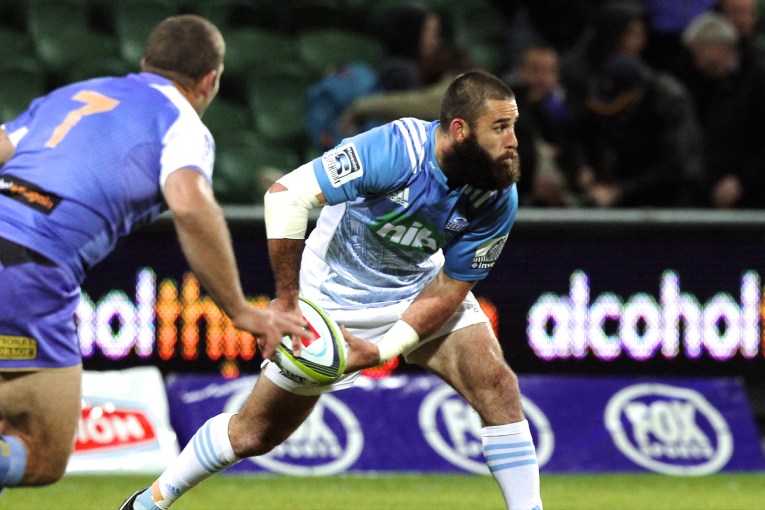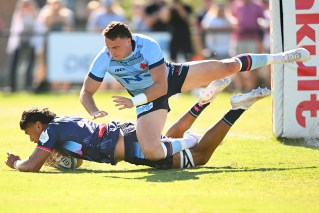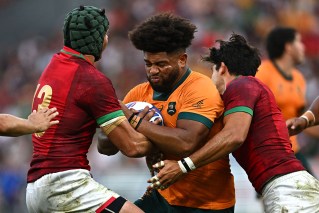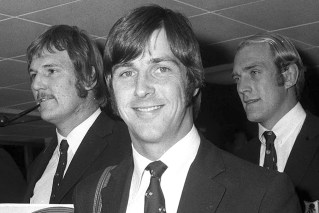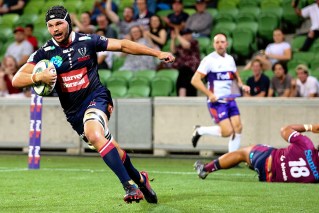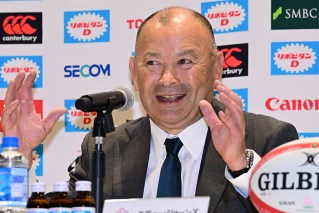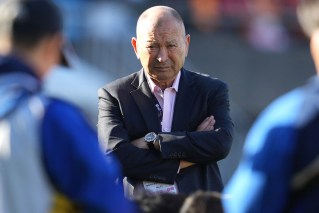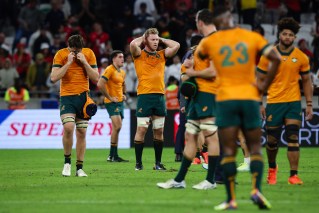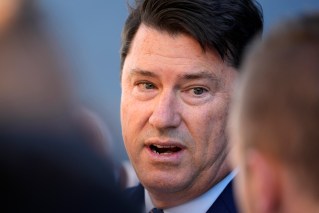Australia still miles away from a Bledisloe Cup
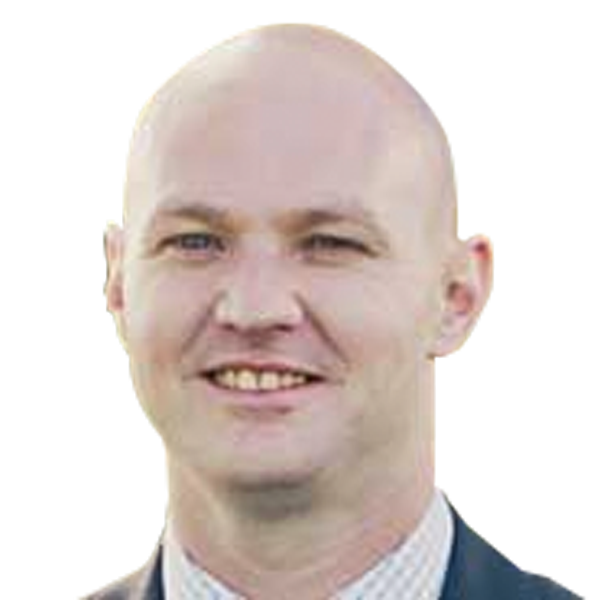
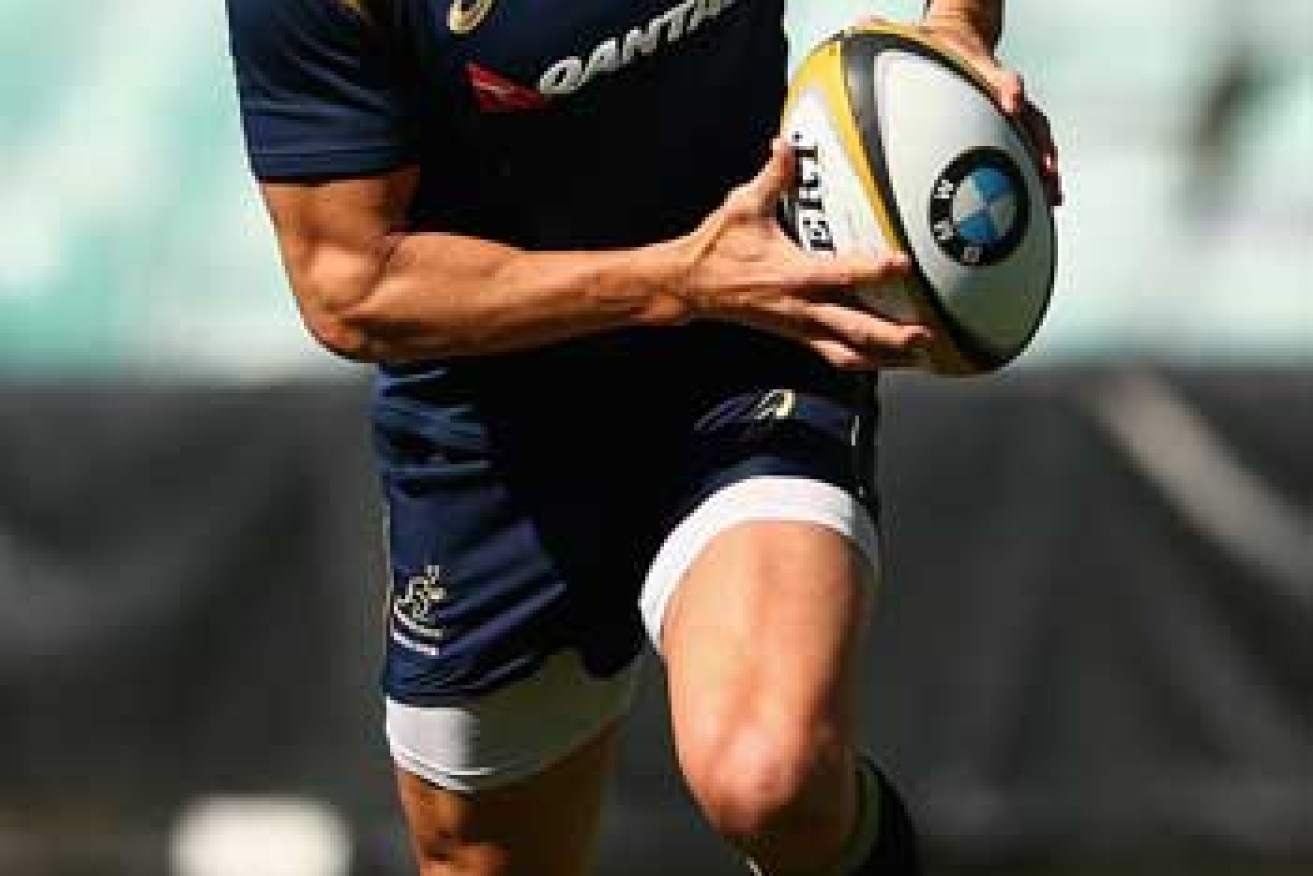
Matt Giteau will be
Another year, another set of optimistic declarations that this can be the season that the Wallabies wrests the elusive Bledisloe Cup back from the All Blacks.
Hopeful, long-suffering former Test stars – who were pivotal to Australia’s halcyon successes of the 1990s and early-2000s – have provided their blueprints for toppling the world champs.
Even the odd doom-saying New Zealand scribe has declared the All Blacks are ripe for the picking this weekend as World Cup-year paranoia creeps in.
Sorry to shatter any 15-a-side fantasies before the trans-Tasman foes have even lined up for the national anthems, but the Wallabies are as far away from Bledisloe Cup glory as they’ve been at any stage since George Gregan held the prize aloft in 2002.
• Wallabies duo forced Michael Cheika’s hand
• Quade Cooper apologises for Twitter rant
• Stephen Moore names new Wallabies captain
Aside from 12 seasons of Bledisloe woe, the Wallabies are on an 10-match winless streak against the All Blacks, with only a pair of draws in Brisbane (2012) and Sydney (2014) to show for their efforts.
Prior to twin Australian victories in 2010-11, New Zealand prevailed in 10 straight Tests – meaning the ledger since 2008 reads 19-2-2 in the ABs’ favour.
There are few indications the tide is about to turn.

Israel Folau feels the pain of last year’s loss. Photo: Getty
The Wallabies’ start to 2015 has been solid enough on the surface: an injury-time try to Tevita Kuridrani snatched a 24-20 result over South Africa in Brisbane, before they avenged last year’s infamous loss to Argentina with a 34-9 victory in Mendoza.
Particularly when last year’s unsuccessful Northern Hemisphere tour is taken into consideration, pronouncements that the Wallabies are a team on the rise are a tad premature.
Michael Cheika is nowhere near settling on his best XV, and it’s not the coach’s fault – the limited cattle he has at his disposal in key positions are not showing the requisite form to demand permanent selection.
The inside-back positions are the source of greatest concern.
Quade Cooper’s return to the Test arena has been an abject failure, while cool-headed Waratahs linchpin Bernard Foley – whose emergence was a rare highlight during a difficult 2014 campaign – was off his game against the Pumas.
The ARU’s decision to overturn the representative ban on overseas-based players was hailed as a massive boost for the Wallabies, enabling the return of versatile 92-Test veteran Matt Giteau – currently with Toulon – to the fold.
It should be remembered, though, that Giteau was left out of 2011 World Cup squad.
And the inability of Anthony Fainga’a, Berrick Barnes, Matt Toomua, Christian Lealiifano or Kurtley Beale to cement the No.12 jersey in the interim is the chief reason for the 32-year-old’s recall.

Matt Giteau’s return to the international fold has been a boost for Australia. Photo: Getty
Cheika may be forced to roll the dice at some stage this year and toss Giteau into the troublesome flyhalf spot.
Australia is well-served out wider by the likes of Kuridrani, Adam Ashley-Cooper and Israel Folau, but the lack of continuity and cohesion with the inside men is stunting their effectiveness.
Meanwhile, Cheika remains unconvinced about the make-up of his pack.
The lock pairing of Rob Simmons and Will Skelton has been demoted for Saturday’s high-stakes clash with New Zealand in Sydney, replaced by veterans James Horwill and Dean Mumm, another Europe-based expat.
Neither duo – or any combination of those four – brings the same balance of aggression, mobility and durability that All Blacks counterparts Brodie Retallick and Sam Whitelock do.
It’s almost cruel that arguably Australia’s two best players, David Pocock and Michael Hooper, play in the same position.
Both are tenacious, dynamic leaders and born winners in the No.7.
Consequently, and contributed to by the uninspiring efforts of Ben McCalman at the back of the scrum and the slow return from injury of Wycliff Palu, Pocock has been switched to No.8 this weekend and Hooper comes into the starting line-up on the openside.
A logical move, perhaps, but the last time the Wallabies fielded two No.7s in the same pack against New Zealand – Pocock and George Smith in 2009, playing opposite current superstars Richie McCaw and Kieran Read – they were trounced 33-6.
In contrast, the All Blacks’ line-up is relatively settled, with virtually every first-choice player considered the world’s best in their position; in many cases, their understudies are regarded as the second-best in the world.
Pocock, Hooper and Folau are the only Wallabies that would enter the conversation for any given position.
Mercurial inside-centre Ma’a Nonu is out this weekend, but in steps Sonny Bill Williams.

Dan Carter is a handy inclusion for the All Blacks. Photo: Getty
The legendary Dan Carter returns for the Highlanders’ Super XV-winning flyhalf Lima Sopoaga, who was brilliant on debut in a pulsating victory over South Africa at the imposing Ellis Park, and Beauden Barrett will start on the bench.
New Zealand’s depth is extraordinary, and their established stars’ form is matching their reputation.
The words ‘vulnerable’ and ‘complacent’ have been bandied about regarding the All Blacks in recent days.
But this isn’t the usual rhetoric about New Zealand being world rugby’s benchmark – Steve Hansen’s outfit is literally the most dominant of all time, losing just two (to England at Twickenham in 2012 and South Africa in Johannesburg two years later) of 52 Tests since their 2011 World Cup triumph.
The ANZ Stadium factor could see Australia jag a win on Saturday night.
Although the All Blacks are unbeaten in their last five outings at the cavernous Sydney venue, their overall record is seven wins, six losses and a draw – the latter a shock 12-12 result last year.
But even if Cheika’s disjointed squad can cause a boilover, the Wallabies’ Bledisloe dream will be extinguished at Eden Park a week later.
Australia has not won in Auckland since 1986, coming up empty in 15 subsequent visits – including a 51-20 drubbing just seven days after the aforementioned Sydney stalemate.
There’s a few hints of promise that the Wallabies may have the capacity to go on a fairytale World Cup run during September and October.
But they’re destined to endure more Bledisloe Cup pain beforehand.
